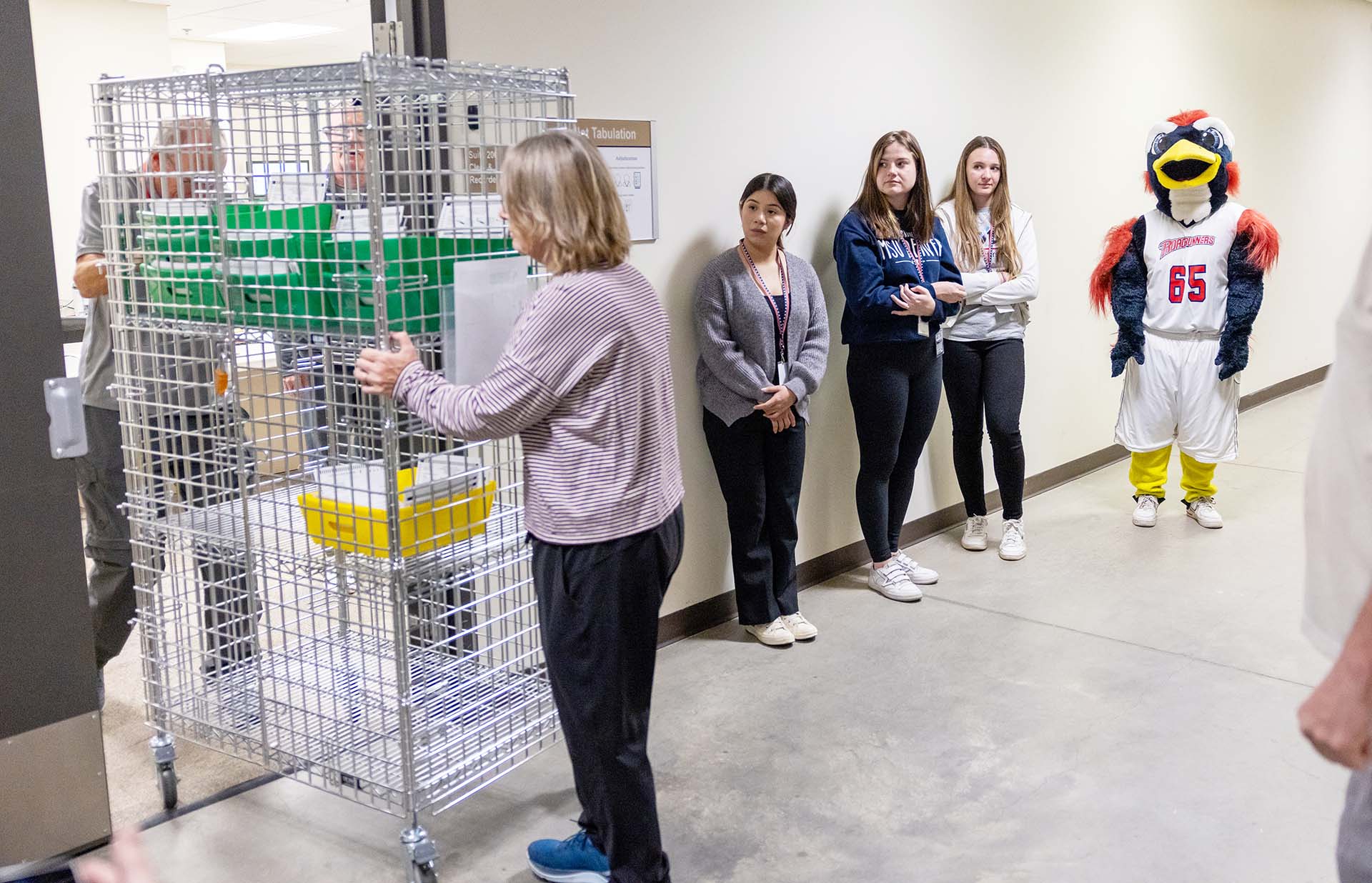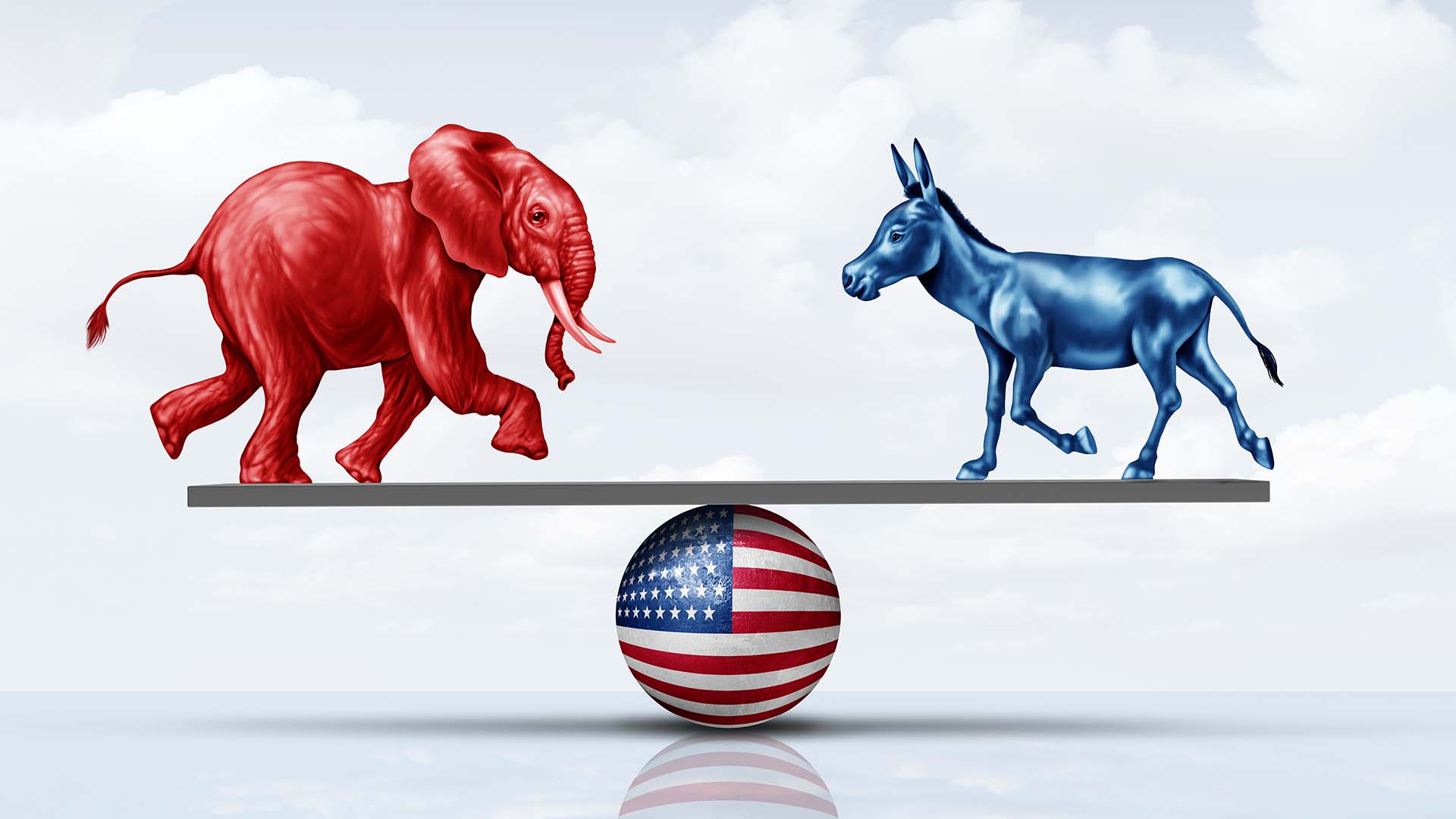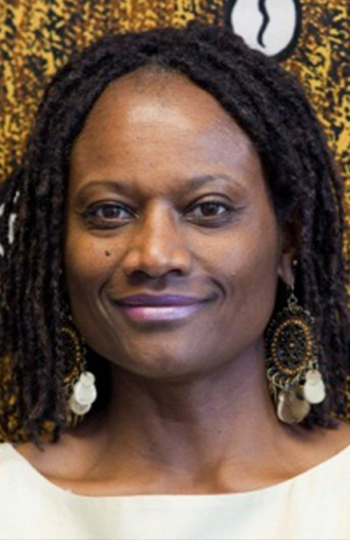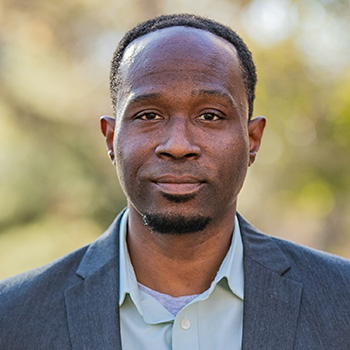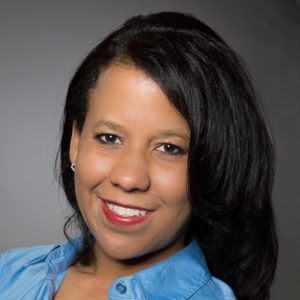Social-justice advocate reflects on Colorado’s newest official holiday
MSU Denver’s Darlene Sampson, Ph.D., calls Juneteenth ‘a beacon of light that reminds us to never give up.’

Darlene Sampson’s first Juneteenth celebration as a college student in 1976 felt different from other more “muted” Black-history commemorations on campus.
“It was unapologetic, robust and validating,” the longtime Metropolitan State University of Denver educator said of the holiday that her classmates then called “Liberation Day.”
“I remember thinking, ‘What else do I not know about the cultural brilliance, history and resilience of my people?’” she said.
Prior to that time, Sampson, an equity analyst in MSU Denver’s Western Educational Equity Assistance Center, hadn’t heard about Juneteenth, which marks the emancipation of Black Texans on June 19, 1865 — nearly two years after President Abraham Lincoln issued the Emancipation Proclamation, freeing slaves nationwide.
There’s some speculation as to why the news took so long to reach Texas, including that the messenger was killed. June 19 has since become a day for historical reckoning, celebrating hope and looking forward to continued efforts to address racial injustice and inequity.
RELATED: Q&A: Benin bronze heading home after 125 years
Last June, President Joe Biden signed a bill into law establishing June 19 as a national holiday. And just last month, Gov. Jared Polis signed legislation designating Juneteenth as an official Colorado state holiday.
Sampson provides training in culturally responsive K-12 teaching practices. RED asked her to reflect on Juneteenth as an official state holiday and how she plans on celebrating this year.
How have Juneteenth celebrations changed in Denver and in the U.S. over the years?
I’ve attended Juneteenth since its inception in Denver and have attended in other states since the 1980s. I asked my son who is now 35 when he recalls the first Juneteenth celebration he attended. He believes he was 6 or 7. Each year seems to improve in Denver, and the foundations of the holiday are more widely known. I’ve witnessed a more multicultural aspect in the last several years. However, when interviewing young people at the Juneteenth celebration in 2019, not everyone knew the significance of the holiday. Many just came to enjoy the food and celebration. We’ve failed to root history when this occurs. In my family, the celebration is ingrained in our culture and is more than just a holiday. I’ve taught my grandchildren about the significance of Juneteenth and have asked them for their ongoing commitment as individuals and carriers of the torch. We must view Juneteenth as a representation of authentic history, pride and resilience. Juneteenth is a beacon of light that reminds us to never give up.
How did you react when Juneteenth became a federal holiday in 2021 and then an official state holiday in Colorado this past May?
I’m in awe of (state) Reps. (Janet) Buckner, (Leslie) Herod and (James) Coleman, who championed the bill almost 70 years after Juneteenth was first celebrated in Five Points in 1953. They’re the epitome of the resilience, grace and perseverance that’s rooted in the meaning of the holiday. How brilliant that our representatives steadfastly proposed the bill and were successful in moving the holiday forward, given the current divisiveness in our country.
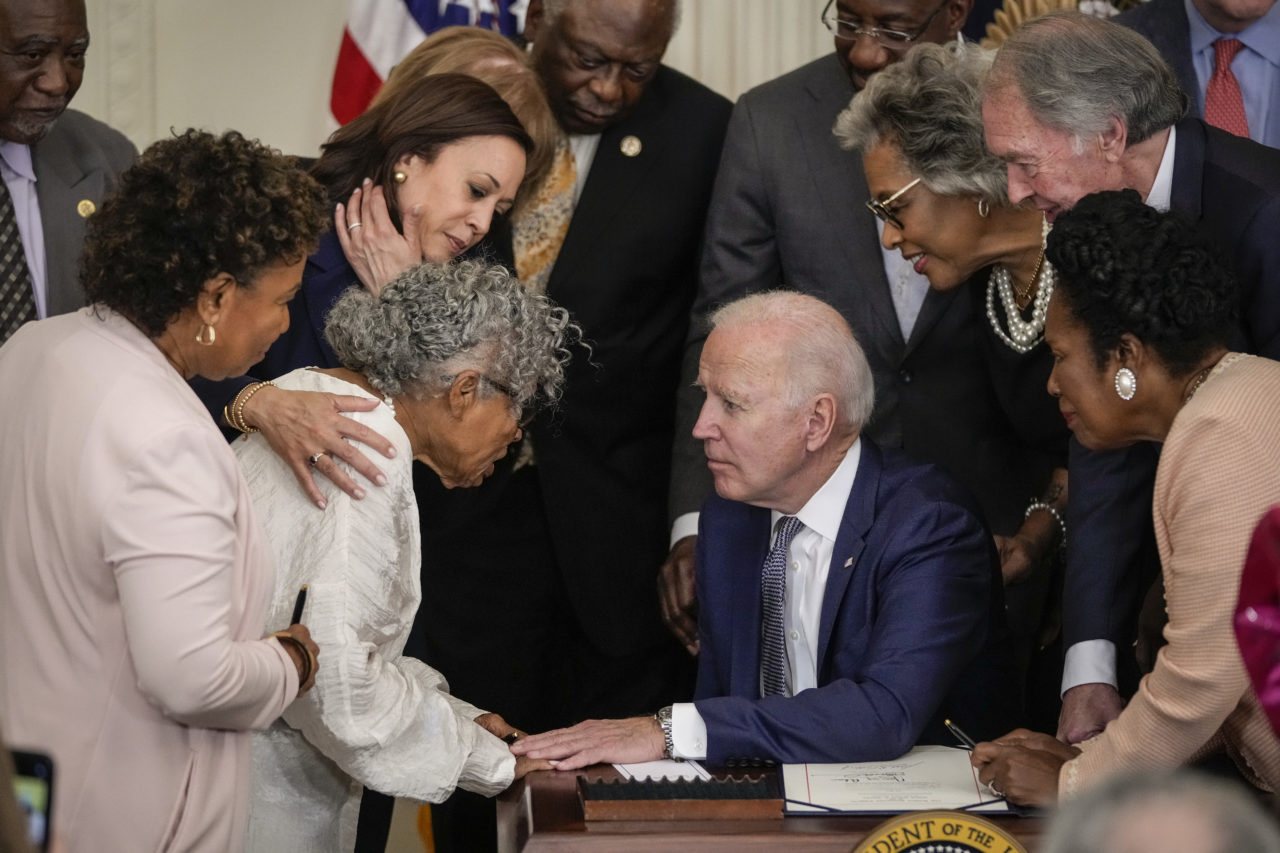
What do you want more people to know about Juneteenth and the people like Opal Lee who fought so hard toward its recognition?
Opal Lee is described as the “Grandmother of Juneteenth.” Can you imagine what Ms. Opal witnessed in her 95 years as an educator and social-justice activist? She is the hope of our ancestors. She pushed at the federal level for many years, which culminated in President Biden signing Juneteenth into law on June 17, 2021. Many do not know that Ms. Opal pledged to walk 1,400 miles from her home in Texas to Washington, D.C., to draw attention to her commitment to the importance of Juneteenth. Her family expressed concerns about such a long walk. Ms. Opal agreed to walk only 300 miles, which was symbolic of the struggles of those free men, women and children in Texas. That’s so amazing! Ms. Opal states she’s not done. Neither can we stop our trajectory of equity and justice for everyone. Her goal to fight for those experiencing homelessness, joblessness and police brutality is so aligned with Juneteenth’s emancipatory consciousness.
RELATED: Q&A: The legacy and impact of Black women judges in the U.S.
Are you planning to celebrate this year, and if so, what do you look forward to most?
I’ve always celebrated Juneteenth beyond parades, the great food and the beautiful artifacts. I’ve often thought about enslaved people not knowing about their freedom for over two years after the Emancipation Proclamation. I wondered, How did they have hope, what did they worry about and what would they endure? This year, I’ll attend the Poor People’s Campaign in Washington, D.C., on Juneteenth weekend, sponsored by Rev. William Barber. Social-justice advocates all over the country will converge in Washington, D.C., to highlight poverty in this country.
I believe we should all utilize this new state holiday as a means of caring and practicing empathy in all spaces. We should do this every day but especially when we know the significance of the Juneteenth holiday. Find your equity sense of integrity and do something! This is a “day on and not a day off,” as Dr. Martin Luther King Jr. so eloquently stated.
What opportunities does Denver have for improving future Juneteenth celebrations, and what changes would you like to see beyond having the holiday recognized?
Expanding the reach and anchoring Juneteenth all year is a beginning goal; sustaining funds and a space where artifacts and the history of Juneteenth can be maintained in Denver would be an ongoing goal. This is not a Black holiday but a historic holiday that tells the truth about the history of this country. Juneteenth tells the story of enslaved Black people in Texas and is also aligned with the principles of equity and social justice. Now, we need to craft recognition along with specific behaviors that cement the foundations of equity for our most vulnerable and minoritized populations, finally demonstrating that Black lives matter. Our spaces of learning should teach the inherent beauty of the holiday along with creating specific objectives to address inequities.
There’s so much to do in such turbulent times. This is not the time to retreat. This is the time to move forward, with each of us taking individual and collective action.


